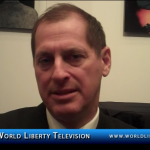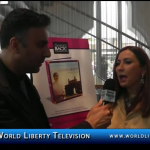For far too long, the story of American Muslims has been told by others; rarely do American Muslim men emerge as protagonists of their own narratives, representing their religion or depicted in a way other than as violent extremists, misogynists, and irrational, angry, bearded brown men.
Although the United States strives to be a place where its citizens are encouraged to coexist and thrive, the practice of scapegoating often prevails, creating unnecessary economic, social and cultural divides. African Americans, Native Americans, Irish, Jews, Italians, and Japanese have all experienced challenges to their American experience. American Muslims are not exempt, often targets of fear-based attacks, while the media and the entertainment industry all too often serve up negative images of Islam’s followers.
Recent examples of events that have contributed to this negative narrative include:
• The New York Police Department is caught spying on Muslims based on religious activities and without any evidence of wrong-doing.
• 47% of Americans recently polled said the values of Islam are at odds with American values.
• In 2011, 49 bills were introduced in 29 states to ban Shariah law.
• 41% of Americans would be uncomfortable if a teacher at the elementary school in their community were Muslim.
Co-edited by playwright, humorist, and lawyer Wajahat Ali, All-American: 45 American Men on Being Muslim (June 2012), White Cloud Press, ISBN: 978-1-935952-59-6, $16.95) highlights voices of an emerging and impactful generation of American men that seek to debunk and re-orient existing narratives of their faith and their community.







